San Francisco’s downtown office-vacancy rate has reached a record high of 29.5%, as major companies have embraced remote work and reduced office space. The city’s famous Mid-Market area, once a symbol of a tech-driven future, now struggles with shuttered banks and cafes, and lawsuits over unpaid rent.
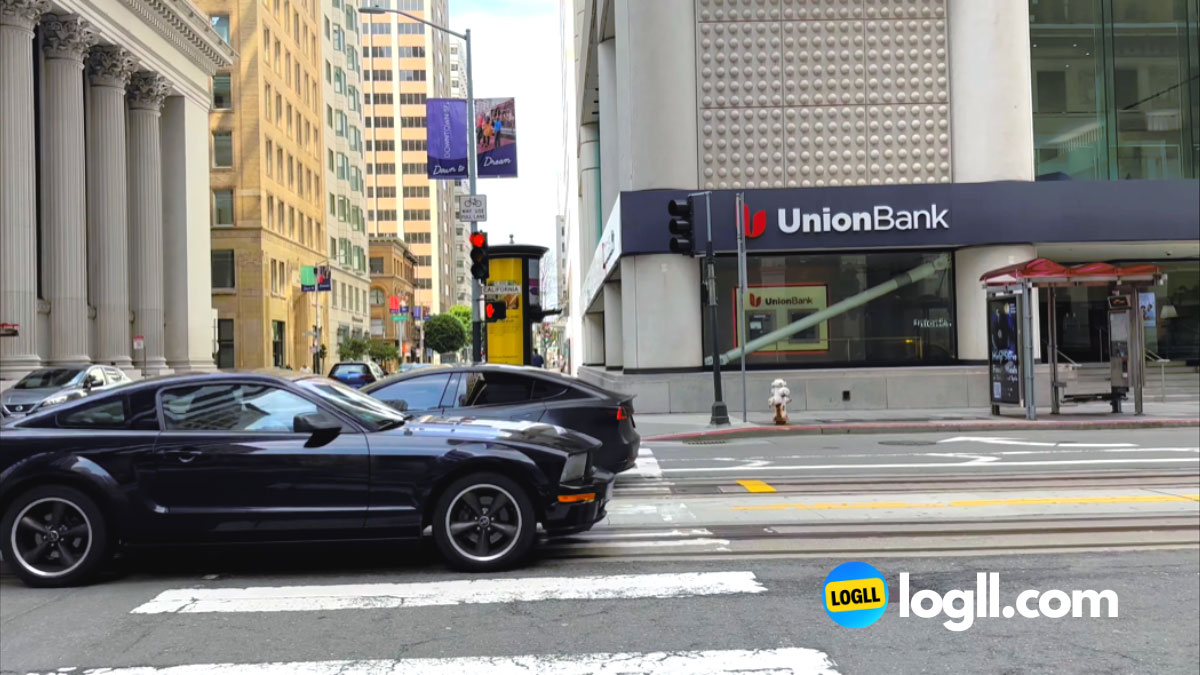
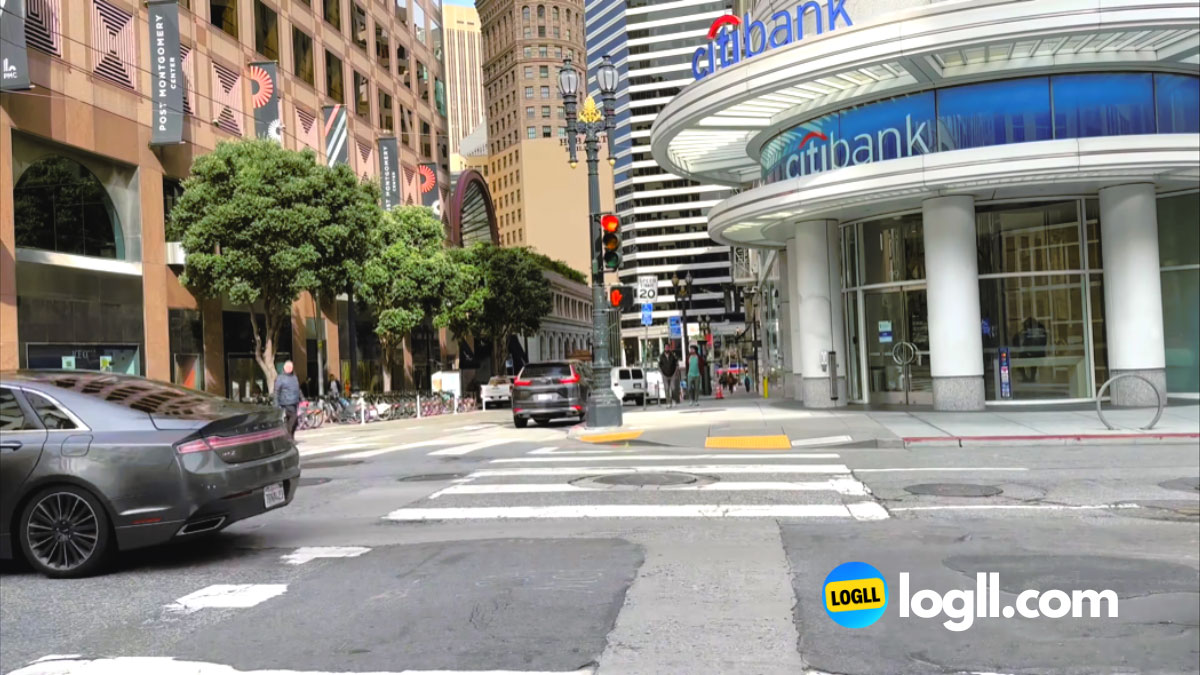
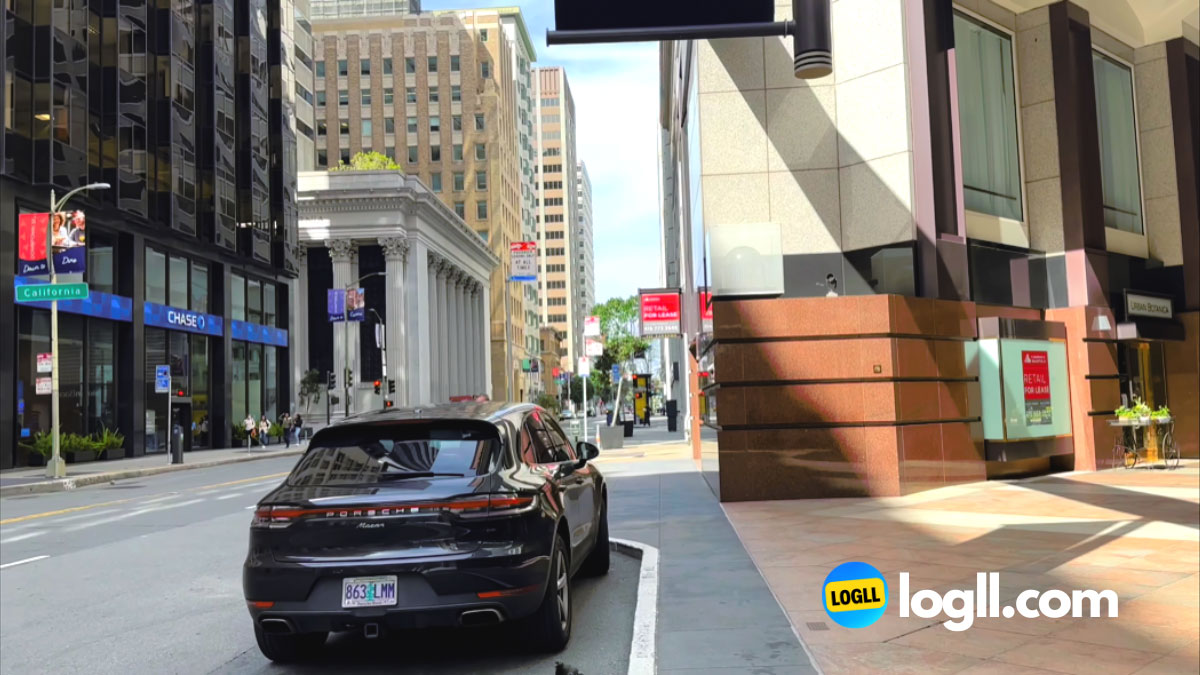
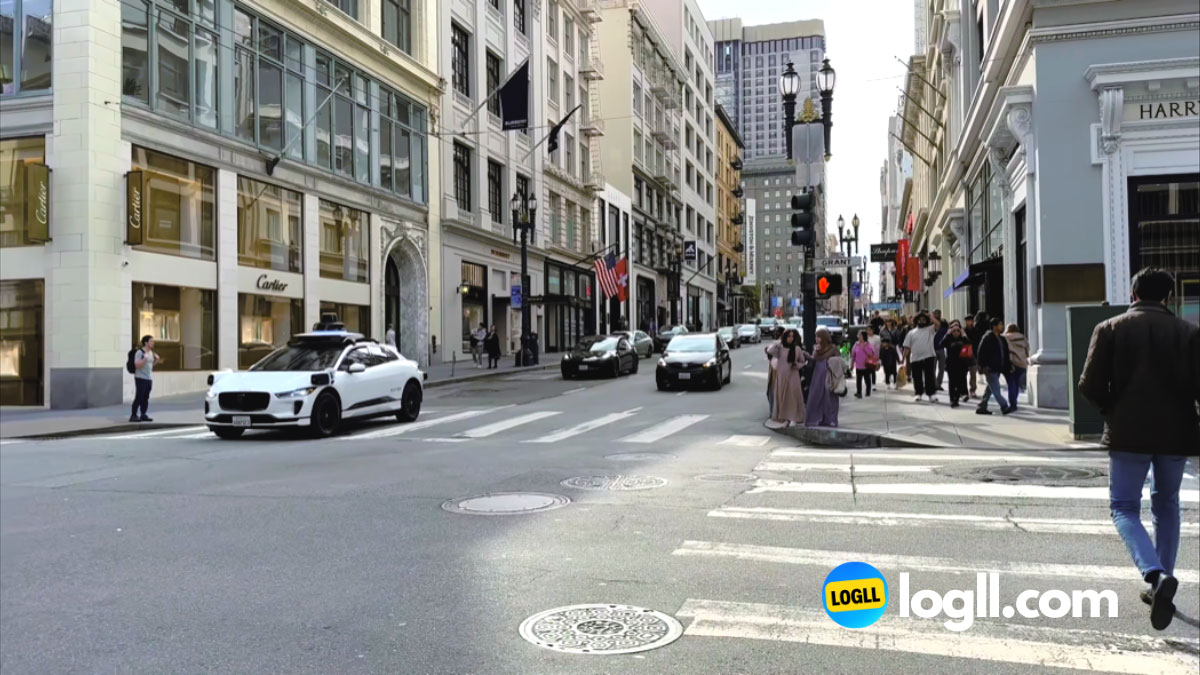
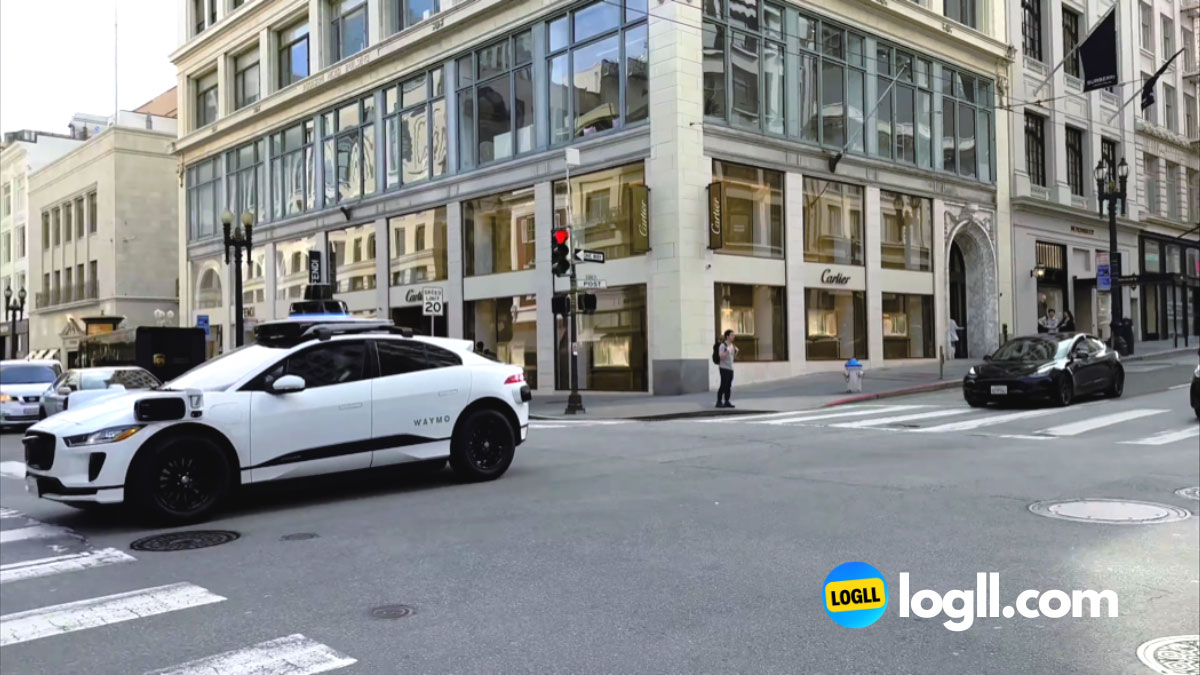
A Different San Francisco
Mayor London Breed aims to revitalize the city by focusing on more than just its financial district. By diversifying the economy and offering tax breaks to attract new industries, San Francisco hopes to adapt to a post-pandemic reality where remote work is the norm.
Reasons for Optimism
Despite challenges, the city’s unemployment rate remains historically low, and the number of visitors to San Francisco is on the rise. Cutting-edge AI technologies like ChatGPT offer new opportunities for the tech industry.
Wall Street West
The city’s banking industry, once a powerhouse, has shrunk significantly in recent years. The collapse of Silicon Valley Bank and the troubles faced by First Republic Bank have further strained San Francisco’s financial sector. However, support from major financial institutions and officials has helped stabilize the situation, providing some hope for the future.
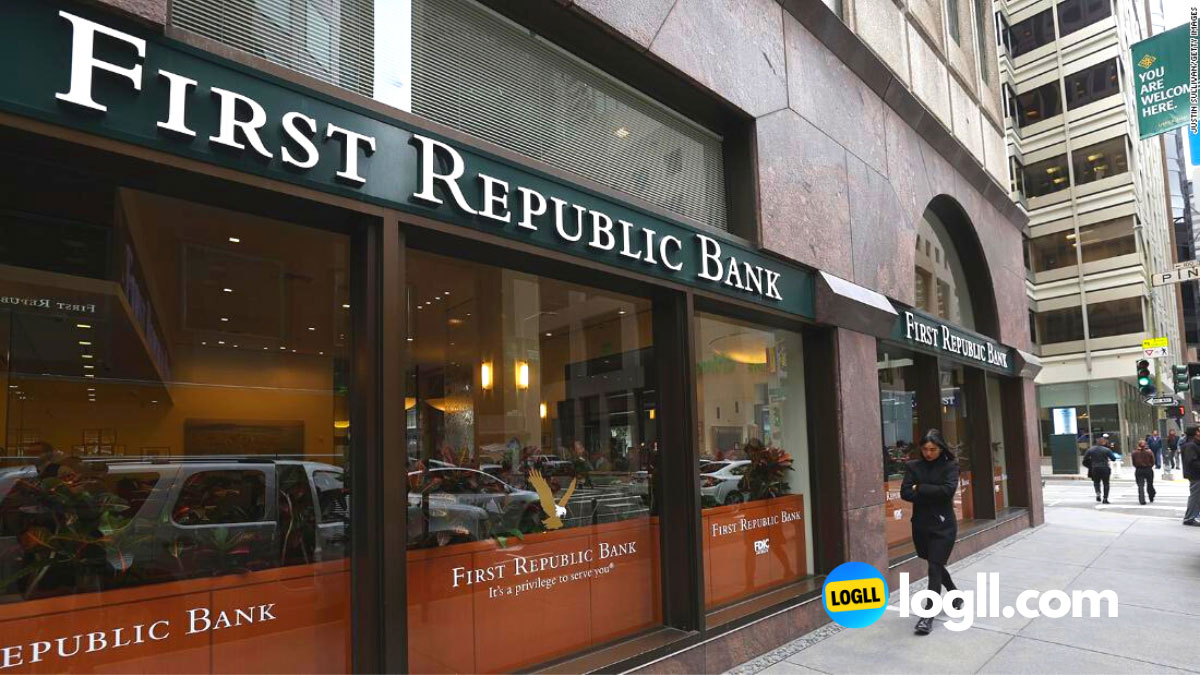
Empty Offices and Dealmaking Decline
San Francisco’s commercial real estate market is experiencing plummeting dealmaking and falling closing prices on office buildings. With uncertainty looming, companies are delaying decisions, leaving office vacancies at record highs.
Landlord Struggles
Rising borrowing costs and high office vacancies are making it difficult for landlords to refinance their debts. Several property owners have defaulted on their mortgages, with some properties being appraised at significantly lower values than just a few years ago.
Silver Lining for Tenants
Amid these challenges, San Francisco has become relatively more affordable for tenants. As apartment values and rents decline in the city, it now offers more accessible living options for those with average incomes.
A Resilient City
Despite the current difficulties, San Francisco’s history of bouncing back from various crises remains a source of optimism. New tech founders are returning to the city, and the Bay Area continues to be a hub for innovation and venture capital. Mayor London Breed remains confident that San Francisco will prove its resilience once more, overcoming present obstacles to emerge stronger than before.
If you are able, we kindly ask for your support of Logll Tech News today. We appreciate it.

Sergio Richi
Editor, Logll Tech News
⭐️⭐️⭐️⭐️⭐️ New Releases
MSI Thin GF63 15.6" 144Hz Gaming Laptop: Intel Core i7-12650H, NVIDIA GeForce RTX 4050, 16GB DDR4, 512GB NVMe SSD, Type-C, Cooler Boost 5, Win11 Home: Black 12VE-066US
$827.00
Lenovo IdeaPad 15.6" Laptop Newest, 15.6 Inch HD Anti-Glare Display, AMD Dual-core Processor, 20GB RAM 1TB SSD, WiFi6 Bluetooth5, 9.5Hr Battery, Windows 11 +GM Accessories
Best Offer Today
Conclusion
In conclusion, San Francisco is currently facing a challenging economic landscape due to the convergence of tech slumps, banking crises, and a troubled commercial real estate market. High office vacancies and landlord struggles have made the situation increasingly difficult. However, this period of turmoil has made the city more affordable for tenants, offering a silver lining amid the crisis.
San Francisco’s history of resilience and its enduring position as a hub of innovation and venture capital offer hope for a recovery. As the city continues to attract new tech founders and investment, there’s reason to believe that it will adapt and overcome the present obstacles. The road to recovery may be long and arduous, but San Francisco’s spirit of determination and adaptability will likely play a crucial role in its resurgence.










